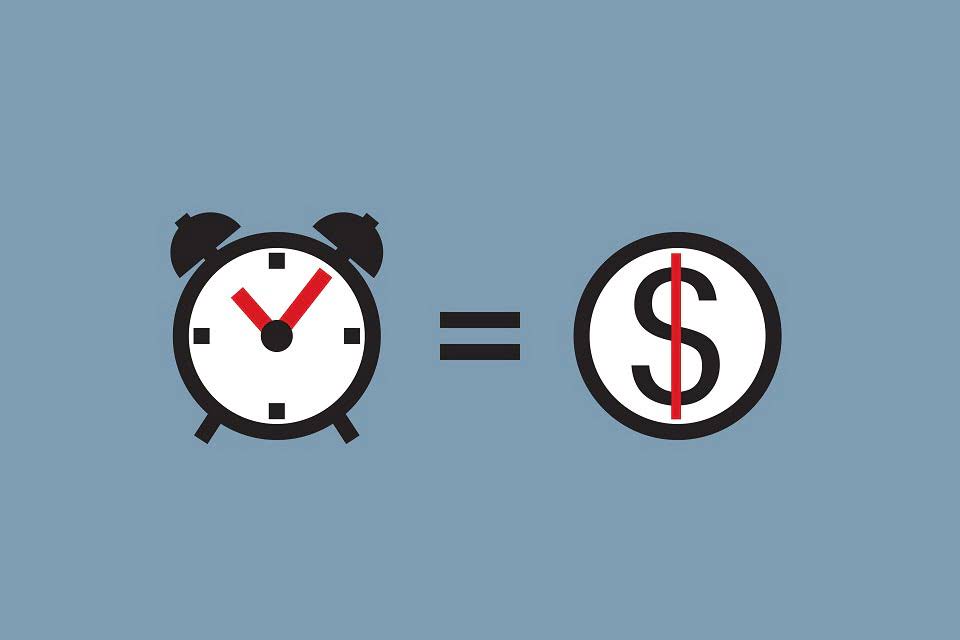Cash Basis Accounting: Definition, Example, Vs Accrual
Content

Finally, whichever method of accounting a company follows , it is supposed to follow that for both accounting and tax purposes. The vast majority of businesses worldwide choose accrual accounting. It is almost impossible for a public company to meet its reporting requirements using cash accounting alone. Large organizations of all kinds—public and private—cannot meet their own record-keeping needs using cash basis accounting only. One reason, for instance, is that only accrual accounting enables the organization to track its asset base, liabilities, and equities.
Does IFRS allow cash basis accounting?
Accrual- and cash-based accounting are two different methods that accountants use to prepare financial statements. Both are acceptable within IFRS (International Financial Reporting Standards).
Strictly cash-basis accounting may leave out crucial information regarding the business’s unpaid invoices and its liabilities; this may also inadvertently cause the omission of certain assets. Particular Accounting PeriodAccounting Period refers to the period in which all financial transactions are recorded and financial statements are prepared. Businesses that use accrual accounting recognize income as soon as they raise an invoice for a customer. And when a bill comes in, it’s recognized as an expense even if payment won’t be made for another 30 days. While businesses that use accrual accounting incur tax liability for sales earlier, they may also be able to take advantage of depreciation to save money on taxes over the long term. If you start out using cash accounting, it can be difficult to transition to accrual accounting later, which can lead to mismanagement of company finances.
Benefits of cash accounting
Even with the right software, company owners not well-versed in this type of accounting may initially find it very difficult to use. Businesses using the accrual method to keep an accurate picture of accounts payable and receivable will maintain their ledgers according to the current status of a bill or invoice. If you, for example, have a long-term relationship with a particular cash basis accounting client, there would be documentation that shows when the service was rendered, the date an invoice was generated and when the invoice was paid. The same may be true for ongoing relationships with vendors with whom you do business. Type Of AccountingThere are different types of the accounting which an organization can follow as per the scope of its work and need of stakeholders.
- The term proceeds of specific revenue sources establishes that one or more specific restricted or committed revenues should be foundation for a special revenue fund.
- There are, however, certain exceptions when businesses with inventory can used cash basis accounting.
- The cash basis of accounting recognizes revenues when cash is received, and expenses when they are paid.
- For example, Intuit’s QuickBooks Online lets you switch from cash to accrual accounting.
Previously, we demonstrated that financial statements more accurately reflect the financial status and operations of a company when prepared under the accrual basis rather than the cash basis of accounting. The periodicity assumption requires preparing adjusting entries under the accrual basis.
Cash Basis Accounting Works With Single Entry Systems
These are the general rules, but there are exceptions — so if you feel that your business falls into one of these categories, you should consult a professional. Auditors will not approve financial statements that were compiled under the cash basis of accounting, so a business will need to convert to the accrual basis if it wants to have audited financial statements.

These include investment trust funds, pension trust funds, private-purpose trust funds, and custodial funds. Permanent funds do not include private-purpose trust funds which account for resources held in trust for individuals, private organizations, or other governments.
GAAP Versus Cash Basis Reporting
Cash basis accounting tends to be simpler to understand than other accounting methods. Recordkeeping is straightforward, as income and expenses are recorded upon receipt, without the need to break out amounts over longer time periods.
The accrual method records accounts receivables and payables and, as a result, can provide a more accurate picture of the profitability of a company, particularly in the long term. If you’re a small businesses concerned with overspending and want to keep your finger on the pulse of how much cash you have on hand, the cash basis method may be a good fit for you. If vendor delivery and customer payment fall in different reporting periods, however, the single-entry system has no way of matching the two events.
What is the difference between the cash basis and accrual basis of accounting?
Also records a credit to a liability account, e.g., “bank loans” . If the second entry is missing, the sums of credits and debits in the system will differ, thereby revealing the error. Ash Basis accounting has the significant benefit of simplicity over accrual accounting.
- A governmental accounting system must make it possible to determine and demonstrate compliance with finance related legal and contractual provisions.
- BARS codes may be restricted for use in the annual report filing system.
- Debt backed solely by a pledge of the net revenues from fees and charges.
- And while it’s true that accrual accounting requires more work, technology can do most of the heavy lifting for you.
This is commonly used to defer the recognition of taxable income to a later reporting period. Revenues are reported on the income statement when they are earned, which often occurs before the cash is received from the customers. Revenues are reported on the income statement in the period in which the cash is received from customers. On the More Options page, use the Cash Basis menu to switch between cash basis and accrual basis reporting.
Cash Basis Method
Pay-as-you-go plans do not qualify because they are “payments,” not contributions. These criteria should be applied in the context of the activity’s principal revenue source. Debt backed solely by a pledge of the net revenues from fees and charges. The original budget may be adjusted by reserves, transfers, allocations, supplemental appropriations, and other legally authorized legislative and executive changes before the beginning of the fiscal year. The original budget should also include actual appropriation amounts automatically carried over from prior years by law.
RIVERVIEW BANCORP INC Management’s Discussion and Analysis of Financial Condition and Results of Operations (form 10-Q) – Marketscreener.com
RIVERVIEW BANCORP INC Management’s Discussion and Analysis of Financial Condition and Results of Operations (form 10-Q).
Posted: Tue, 07 Feb 2023 20:41:04 GMT [source]
Cash basis refers to a major accounting method that recognizes revenues and expenses at the time cash is received or paid out. This contrasts accrual accounting, which recognizes income at the time the revenue is earned and records expenses when liabilities are incurred regardless of when cash is received or paid. Using the cash accounting method, the business records the revenue only when it receives payment from a customer. So, it could record some or none of the revenue in December, some or none in January, and some or all the revenue in February. The company may buy $10,000 worth of materials in December but not pay for it until February. So, it would record zero expenses in December and January and the entire $5000 in February. When transactions are recorded on a cash basis, they affect a company’s books upon exchange of consideration; therefore, cash basis accounting is less accurate than accrual accounting in the short term.
